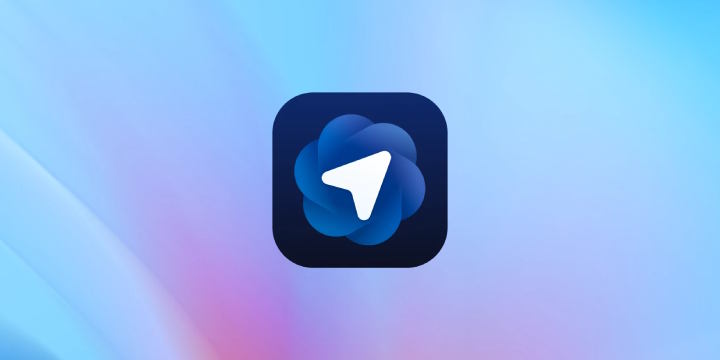OpenAI Unveils Atlas Browser with AI Agent Mode Amid Growing Competition

Key Points
- OpenAI launches Atlas browser with AI‑driven Agent Mode.
- Agent Mode can navigate tabs, access authentication data, and run in the background.
- Users control login status per tab and can use incognito windows for privacy.
- Competing AI features are present in Microsoft Edge’s Copilot and Google Chrome’s upcoming Gemini.
- Startup Perplexity made a $34.5 billion bid for Chrome despite a $14 million valuation.
- OpenAI previously showed interest in buying Chrome, but antitrust issues make that unlikely now.
- A browser could give OpenAI deeper access to user data and new ad‑revenue opportunities.
- Success hinges on converting a portion of ChatGPT’s 700 million‑plus weekly active users.
OpenAI has introduced Atlas, a new web browser that integrates an AI-driven Agent Mode capable of navigating tabs, accessing authentication data, and operating in the background. The feature can be toggled manually or suggested by ChatGPT based on user prompts. While Agent Mode is limited to actions within web tabs, users retain control over login states and can employ incognito windows for privacy. The launch places OpenAI against established players like Microsoft Edge’s Copilot and Google Chrome’s upcoming Gemini features, as well as startups such as Perplexity, which recently made a high‑profile bid for Chrome. Analysts note the move could grant OpenAI deeper access to user data and open new ad‑revenue pathways, but its success will hinge on convincing a portion of ChatGPT’s 700 million‑plus weekly active users to switch browsers.
Agent Mode Features
OpenAI’s Atlas browser includes a new capability called Agent Mode. The mode lets the AI click through various tabs and webpages, taking over at any time or running in the background without oversight. Users can activate Agent Mode directly from a drop‑down menu, and ChatGPT can also suggest turning it on when a prompt indicates a task the AI might help with.
According to OpenAI, Agent Mode has full access to a user’s authentication credentials and browsing history, but its actions are confined to web tabs. It cannot execute code outside the browser environment. Users can manually decide whether a new Atlas tab is logged in or logged out of services, and incognito windows are available for browsing that the AI should not remember.
Competitive Landscape
The launch arrives into a crowded field of AI‑enhanced browsers. Microsoft has integrated its Copilot assistant into the Edge browser, while Google plans to embed Gemini‑based “Agentic features” into Chrome in the coming months. Startups are also entering the space; notably, Perplexity announced a bold $34.5 billion bid for Chrome despite a total market valuation of just $14 million.
OpenAI previously expressed public interest in acquiring Chrome earlier in the year. However, recent developments in an antitrust case make a sale unlikely in the near future.
Strategic Implications
Reuters highlighted that controlling a browser could give OpenAI more direct access to valuable user data beyond what is typed into a ChatGPT prompt window. The integration also offers a straightforward path to embed advertisements within the ChatGPT experience. The ultimate impact will depend on how many of ChatGPT’s 700 million‑plus weekly active users are willing to abandon their current browsers for a less proven competitor from a major LLM brand.
Overall, Atlas represents OpenAI’s push to expand its ecosystem beyond conversational AI, positioning the company to compete directly with entrenched browser giants and emerging AI‑focused startups.